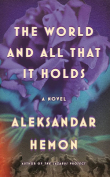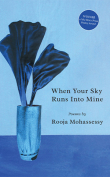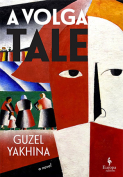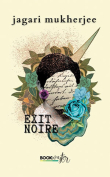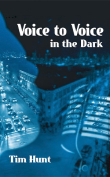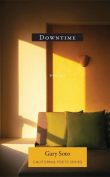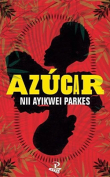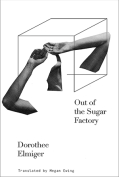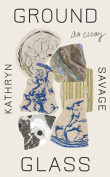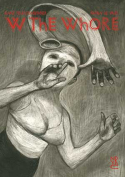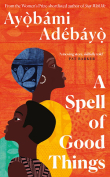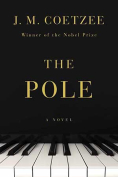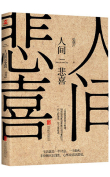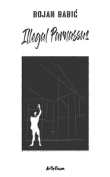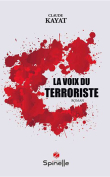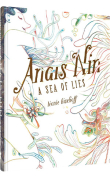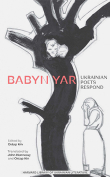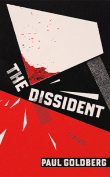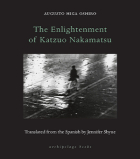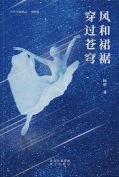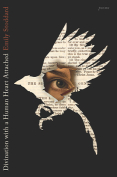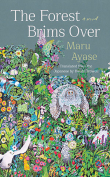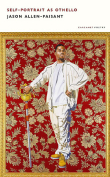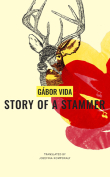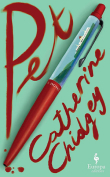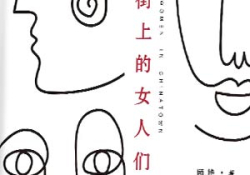Billowing Wind, Rustling Skirts (Feng he qunjiu chuanguo cangqiong) by Gu Yan
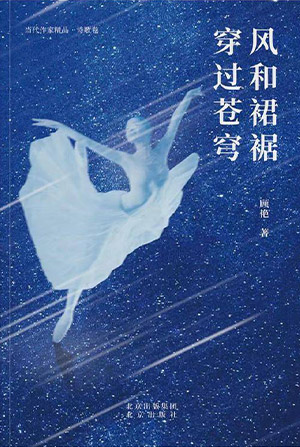 Beijing. Beijing Publishing House. 2023.
Beijing. Beijing Publishing House. 2023.
A versatile genius—a poet, novelist, short-story writer, and scholar—Gu Yan once described what readers might find in her poems: “difficulties that women experience, reflections on particular events that happened before [my] eyes, a glance back over real history . . . as well as small moments in the mundane of routine, which make life worth living.” In her latest poetic volume, Billowing Wind, Rustling Skirts, she invites us to share the challenges, joys, struggles, and expectations that a woman confronts and resolves in her life.
Born in 1957, Gu Yan grew up in a time of turmoil. She experienced the Cultural Revolution as a teenager and observed the tumult of Tiananmen Square as she entered her thirties. Over the years, she has also seen China undergo significant economic reforms and booms. After coming to the United States in the late 1990s, she settled in California before eventually moving to Washington, DC. Gu Yan’s writing is striking for its rich images and deep emotional responses. It blends influences from China’s mainstream poetic movement of the early 1980s, particularly the “misty” or “obscure” poets and the women poets of the newborn generation of the early 1990s, creating an amalgam that is considerably less dark and more upbeat than its originals.
The volume’s opening poem is titled “A Woman’s Monologue,” a lengthy piece of three parts divided into several sections. In this poem, Gu Yan confronts herself amid realities. Describing herself when she was “a girl with a bloated head full of dreams,” she goes on to say that experiencing the unconventional and the unexpected, she has grown into someone very different from her beginnings and likes the woman she has become. Her “thought goes to the outermost limits / tearing through the sky like a bolt of lightning / I rip myself apart, leaving scale-like scars to cover my body.” The search for the self is a common theme in women’s poetry. Gu Yan sets off on a journey in search of a real self. Her monologue shows that she’s not conforming to traditional feminine norms. She carries a sword, walks from one rock to another, and finds solace in the solitude of the wilderness. She picks up her pen and discovers her own voice as a woman who is both self-assured and capable, boldly inscribing the word “human” onto the page.
Gu Yan is an evocative poet of personal memory and has frequently argued for a sense of the past as an essential dimension of her writing. Many of the poems in this volume interweave her personal story with national history. The poem “Beijing, Beijing” reflects on the city’s history and the poet’s inclination to reimagine what has happened and what could have been. The greatness of the city’s past coexists with violence. Walking through Tiananmen Square, she asks, “How many people are listening to my soliloquy / merciful people / please allow me to transform into a lake and a seed on the other side of the river / with a devout heart / guard the capital like a lover in my dream.”
In “A Poem Dedicated to Father,” Gu Yan presents a worn and broken man, beaten into submission by the Red Guards during the Cultural Revolution. “Sat in front of the same window / he speaks less and less. . . . My father’s grey hairs / scattered to the winds / along a desolate shore . . . the air of peace and serenity / that you tore apart from the inside out.” The references to the distant or more recent past give to this volume, besides a vivid description and a depth of feeling, undoubted value for readers to gain a different perspective of Gu Yan’s poetic world.
Laura Xie
Virginia Military Institute
